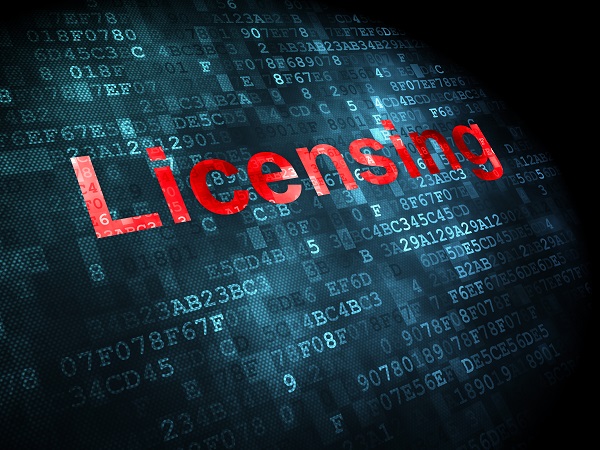
Most businesses require some type of license to conform to various state, local and municipal laws. The licenses that a company must obtain vary widely depending on the state of operation and the type of business in which the entity is engaged. Licenses ideally should be obtained well before the business has commenced operations in order to prevent disruptions to the business or violations of applicable law.
In general, state rules mandate that many types of business and professions acquire licenses to operate. Individual state requirements are easily accessible online through the state’s website. In most states, professional fields, such as doctors, lawyers and accountants are regulated. Other occupations, such as hairdressers, may require licensure in some states. In addition, certain discrete activities within an occupation may also require a license. In addition to state licenses, local and municipal laws require most businesses to apply for a city business license. The city can then assess whether the business needs additional permits to operate, such as a health department license for certain activities.
In California, business owners must obtain business licenses in the city in which the business is situated. In some cities, this is known as a business tax certificate. For businesses with multiple locations, a license must be obtained in each location in which the business operates. If a business is located in an unincorporated area of the state, the business must apply for a license or tax certificate on a county basis.
In addition to general business licenses, California law mandates that certain businesses adhere to other regulatory requirements. For example, business owners that elect to form partnerships, limited liability companies or corporations must formally register with the California Secretary of State. Entities that sell or lease tangible property for a short term period (no more than 90 days) that would be subject to sales tax must obtain a seller’s permit with the Board of Equalization. And businesses that generate at least $100,000 in gross receipts per calendar year (in addition to other requirements) must obtain a use tax account. The Governor’s Office of Business and Economic Development provides information about applying for and obtaining licenses appropriate for each business in the state of California.
Contact Shane Coons at 949-333-0900 or visit his website at www.ShaneCoonsLaw.com to find out more about his practice.
